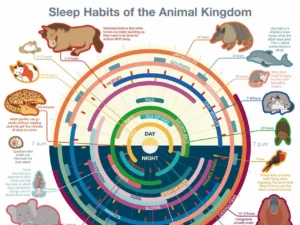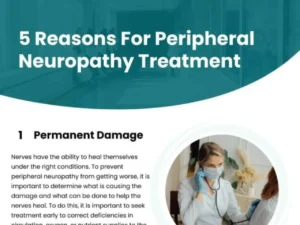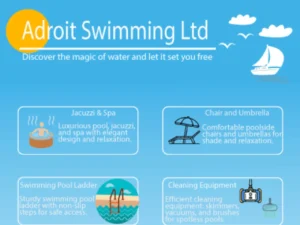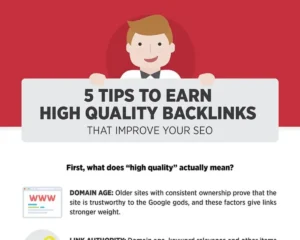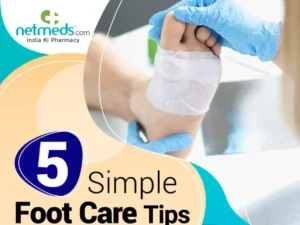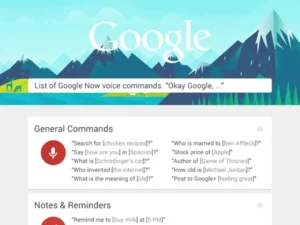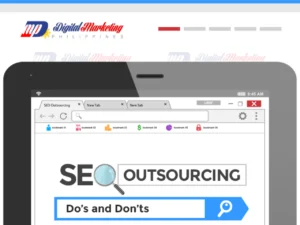Dealing with anxiety and depression can be a challenging journey, but there are effective strategies that can help. Here are 11 tips for Coping with Anxiety and Depression:

Set Personal Goals
Start by setting yourself up for success with SMART goals: Specific, Measurable, Attainable, Relevant, and Time-based. Creating a step-by-step plan with these attributes will help make it happen.
Organize
Your physical surroundings have a huge impact on your mental health. Reducing the clutter will help put your mind at ease.
Find a Meaningful Cause
The activity doesn’t have to be charitable, just something that is important to you. It can range from athletics to volunteering, or combine the two by coaching kids’ sports.
Get Creative
Concentrating on new skills can lead to a relaxed mind where your self-awareness is lost temporarily.
Relaxation
Breathing exercises, meditation, or yoga can lift your mood and decrease your anxiety. Losing yourself in a book can also relax you, and some research suggests that books on psychology and also spirituality have more mood-boosting effects.
Exercise
It releases endorphins that boost your mood, increases your confidence and self-esteem, and also improves your relationships.
A Balanced Diet
Comfort foods are often empty carbohydrates with many processed ingredients. Eating lean protein with healthy fats will leave you more satisfied. 80% of your meals should be health-conscious with nutrient-rich foods, but don’t completely cut out treats. Depriving yourself can lead to binging.
Seek Out Support
These relationships can be with their family or friends, and having their encouragement can make a difference. Support groups can also provide some of the same effects as it helps to see and also hear other people experiencing the same issues as you.
Talk Therapy
Counseling or more focused therapies like cognitive behavioral therapy, interpersonal, or problem-solving can help you develop plans to treat your anxiety and depression and learn coping mechanisms for your symptoms.
Medication
Specific antidepressants can treat depression and anxiety symptoms, such as Prozac, Lexapro, Zoloft, and Cymbalta. You should speak to your doctor about alternative depression treatment options if your symptoms are still not managed effectively.
Transcranial Magnetic Stimulation (TMS)
If you haven’t responded to other forms of treatment, TMS is a breakthrough treatment for depression and anxiety without medication or sedation. It’s a non-invasive treatment option performed in an outpatient setting with minimal side effects.

